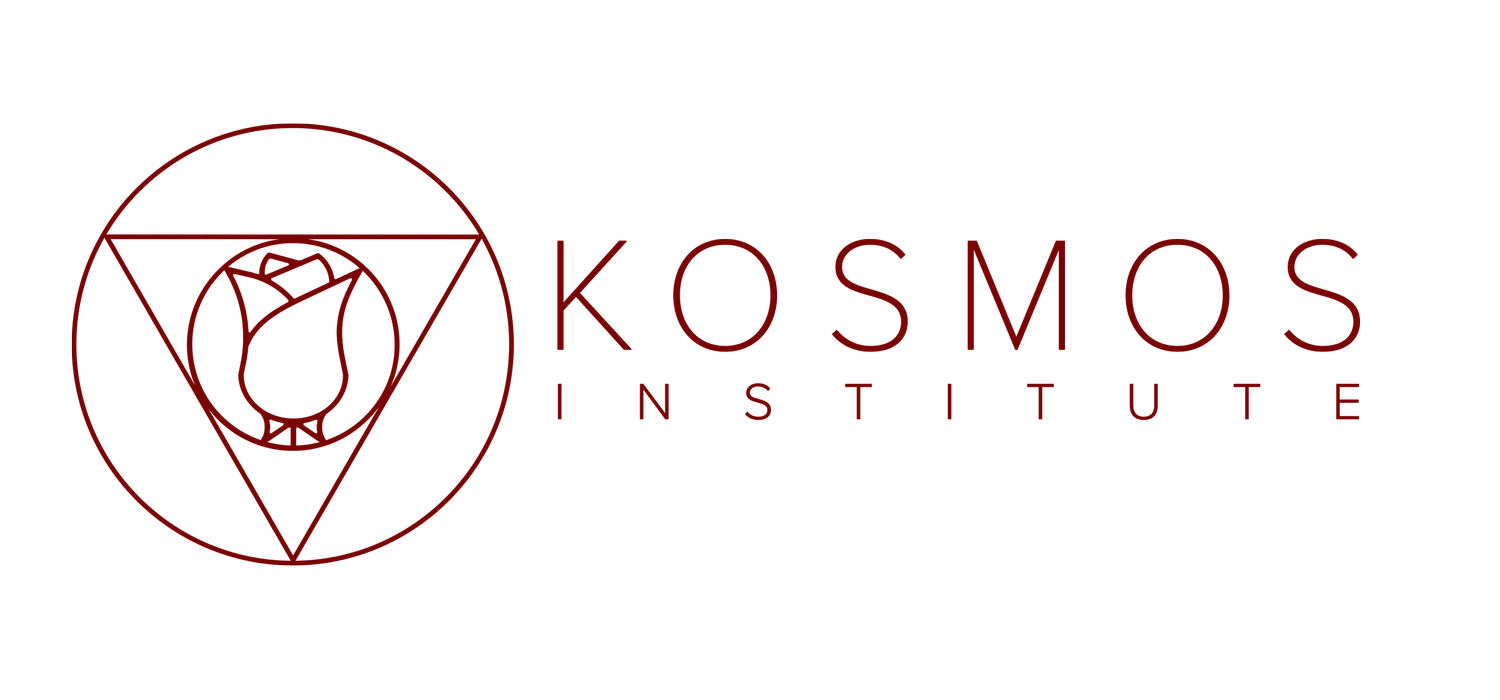What Is (Archetypal) Astrology and Why Do So Many Doubt It?
In Defense of Astrology
The widespread skepticism toward astrology stems from several factors, many of which are tied to the historical conflict between materialist science and the qualitative, symbolic approach of astrology. To address this skepticism and make a compelling case for astrology as a serious tool for exploring the psyche, we must first understand the key objections and then craft a response that bridges the gap between symbolic wisdom and modern empirical thinking.
Why Do Many People Think Astrology Is Bogus?
Scientific Reductionism & Mechanistic Bias
Modern science is built on a materialist paradigm that prioritizes quantifiable, repeatable, and mechanistically explainable phenomena. Astrology, rooted in symbolic correspondences and archetypal resonances, does not fit within this framework. The absence of a clear causal mechanism for how celestial bodies influence human psychology and events makes astrology an easy target for dismissal.
Popular Astrology’s Oversimplification
The daily horoscopes and Sun-sign astrology prevalent in mainstream media reduce a rich, complex tradition into superficial entertainment. Serious astrology, which considers the entire birth chart, aspects, and transits, is rarely presented to the public in an accessible way.
The "Barnum Effect" & Psychological Skepticism
Critics argue that astrology’s descriptions are broad enough that anyone can find personal meaning in them (a cognitive bias known as the Barnum Effect). However, this criticism fails to account for the highly specific correlations serious astrologers observe in individual charts and world transits.
Historical Church & Enlightenment-Era Rejection
For millennia in diverse cultures, astrology was a respected discipline studied alongside astronomy, but with the rise of the mechanistic worldview during the Enlightenment, it was relegated to the historical rubbish bin of "superstition." The Protestant and Catholic churches also played a role in suppressing astrology, viewing it as either heretical or deterministic.
Skeptics' Confirmation Bias
Many critics have never studied astrology in depth and approach it with the assumption that it is false, dismissing compelling correlations outright. When questioned by his peers about his abiding interest in astrology, Isaac Newton silenced critics with the declaration, “Sir, I have studied it and you have not!”
How Can We Convince Serious Thinkers to Reconsider Astrology?
To rehabilitate astrology in the eyes of intellectuals and researchers, we must move beyond defending it and instead reframe the conversation in a way that bridges archetypal phenomenology with emerging insights from depth psychology, philosophy, and even quantum theory.
Frame Astrology as an Archetypal Language, Not a Pseudoscience
Astrology is not about deterministic "influences" but about tracking correlations between planetary movements and human experience in a way that mirrors the structure of the psyche.
It operates on the principle of as above, so below—not as a causal mechanism but as a synchronistic reflection of archetypal patterns.
Use Jungian & Archetypal Psychology to Accurately Describe Astrology
Carl Jung used astrology in his practice and saw it as a way to access the archetypes of the collective unconscious. His concept of synchronicity provides a framework for understanding astrology beyond mechanistic cause-and-effect.
James Hillman’s archetypal psychology also aligns with astrology’s mythic and symbolic nature, emphasizing soul-making over prediction.
Present Empirical & Statistical Studies on Astrology
While most skeptics claim astrology has "never been tested," there have been numerous studies that show significant correlations between planetary configurations and personality traits or events.
Michel Gauquelin's Mars Effect showed a statistical correlation between Mars placements and eminent athletes, suggesting that astrology may reflect real patterns.
Highlight the Symbolic & Predictive Accuracy of Astrology in Psychological Practice
Those who study astrology deeply often find its capacity for self-reflection and psychological insight more precise than any mainstream personality test.
Demonstrating astrology’s ability to anticipate psychological shifts, existential crises, or key life themes challenges the notion that it’s merely a parlor trick.
Bridge Astrology with New Paradigms in Physics & Systems Thinking
The interconnectedness of the cosmos, as revealed in quantum entanglement and nonlocality, challenges the rigid materialist view that there must be a direct physical influence.
Systems theory and fractal mathematics suggest that patterns on a small scale may mirror patterns on a large scale—an idea that aligns with astrology’s structure.
Make the Experience of Astrology Unignorable
Skeptics need to experience astrology, not just hear arguments about it. Inviting them to analyze their own birth chart with an open mind can often shift their perspective.
Personalized astrological readings, especially using transits and progressions, can demonstrate its uncanny depth.
Reclaim Astrology as a Field of Psychological & Phenomenological Inquiry
Instead of trying to "prove" astrology in terms of mechanistic science, position it as a sophisticated method of tracking meaningful patterns in human experience.
Astrology is a form of deep phenomenology—it maps the psyche’s unfolding through time, just as myths reveal fundamental human narratives.
A Call to Action for the Future of Astrology
Rather than seeking external validation from institutions that are entrenched in materialist bias, we should be leading the way in developing new phenomenological methodologies for tracking and interpreting astrological correlations.
The real question is not, "Does astrology work?"—but rather, "What kind of consciousness does astrology require to be properly understood?"
If we can shift the dialogue from proving astrology to exploring its implications for the psyche, time, and meaning, we will open the door to a renaissance of astrological wisdom in the 21st century.

